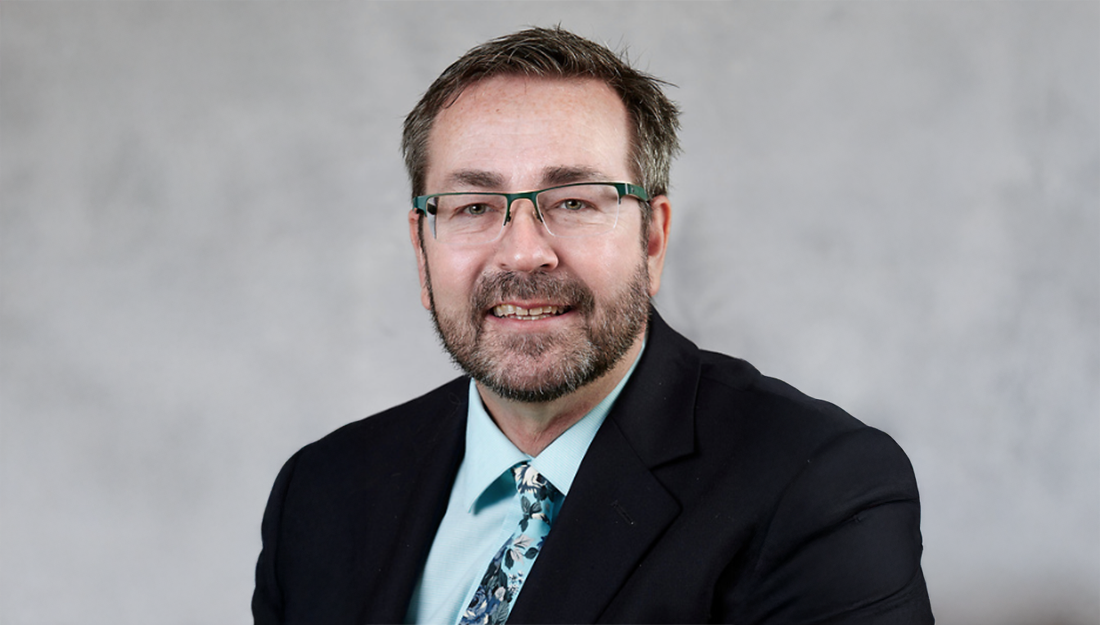NIH grant to enhance dental students
(DALLAS) – The Texas A&M Health Science Center Baylor College of Dentistry received a $633,343 Oral Health Research Education grant from the National Institute for Dental and Craniofacial Research. The grant will help the college implement a series of curriculum initiatives that will instruct students how to incorporate evidence (clinical research outcomes) into their patient-related decision-making.
Funding began in April and will be distributed over four years.
“This R25 grant will be an excellent tool for enhancing our clinical research capability in several fundamental ways,” said Dr. James S. Cole, HSC-BCD dean. “In addition, our students will be empowered throughout their professional careers by exposure to new critical thinking and scientific inquiry skills. I expect the benefits of this initiative to greatly impact BCD’s overall effectiveness.”
The series of curricular changes are collectively designated as “CUSPID,” Clinicians Using Science to Produce Inspired Dentists. CUSPID proposes multipronged strategies for the early imprinting of clinicians-in-training with key skills required for the filtering, appraisal and synthesis of information needed for clinical decisions.
Specifically, CUSPID seeks to create a curricular theme throughout all four years of dental school centered on the knowledge, principles and skills of scientific inquiry necessary for the dentist to critically evaluate new information and advances in treatment and to participate in dental practice research networks.
The program supports enrichment activities through a Dental Scholars Program, which will provide a subset of dental students with additional curricular experiences in clinical and translational (lab bench to chairside) research. A faculty development program will enhance the ability of all faculty members to teach students sound scientific rationale for the incorporation of new information and technologies into oral health care.
The collective impact of the initiatives on the practices of dental alumni, the career choices of graduates and the overall institutional culture will be systematically assessed through pre- and post-graduation surveys.
The program is jointly administered by a team of three principal investigators, each with a unique skill set and academic profile. Dr. Robert Hinton, professor in biomedical sciences, serves as contact principal investigator. Dr. Daniel L. Jones, professor and chair of public health sciences, and Dr. Charles Berry, associate dean for academic affairs, serve as co-principal investigators.
A similarly broad-based steering committee will direct the implementation of CUSPID’s objectives. Committee members include: Dr. Rena D’Souza, professor and chair of biomedical sciences; Dr. Paul Dechow, professor in biomedical sciences; Dr. Peter Buschang, professor in orthodontics; Dr. Amp Miller, director of curriculum; Dr. Larry Bellinger, associate dean for research and graduate studies; Dr. Lavern Holyfield, director of faculty development; and Dr. Ann McCann, director of assessment.
“The R25 mechanism offers a unique opportunity for the integration of advances from recent local and National Institutes of Health (NIH) investments in scientific infrastructure at the college with the strategic goals of the institution to improve competency-based exercises in building critical thinking skills for evidence-based dentistry,” Dr. Hinton said.
CUSPID complements recent advances at HSC-Baylor College of Dentistry in the development of a strong and sustainable infrastructure for research in the oral health sciences, including formal collaboration with the University of Texas Southwestern Medical Center in Dallas on an NIH-sponsored K12 award for multidisciplinary training of Clinical Research Scholars and a Clinical and Translational Science Award to develop a strong infrastructure for clinical and translational sciences at UT Southwestern and HSC-BCD.
In addition, faculty members are optimistic that CUSPID will energize dental students to embark on careers in dental academics or research.
“The NIH awards Oral Health Research Education grants only to those dental schools that have the demonstrated capacity to provide students with an educational experience that combines the best of both clinical and scientific training, emphasizing what is now known as ‘evidence-based treatment,’” said Dr. David Carlson, vice president of research and graduate studies at the HSC. “The R25 award provides yet another milestone for Baylor College of Dentistry with respect to recognition as one of the foremost dental schools in the U.S. that is advancing the frontiers of both dental education and scientific research.”
The Texas A&M Health Science Center provides the state with health education, outreach and research. Its seven colleges located in communities throughout Texas are Baylor College of Dentistry, the College of Medicine, the College of Nursing, the Graduate School of Biomedical Sciences, the Institute of Biosciences and Technology, the Irma Lerma Rangel College of Pharmacy, and the School of Rural Public Health.
Media contact: media@tamu.edu


